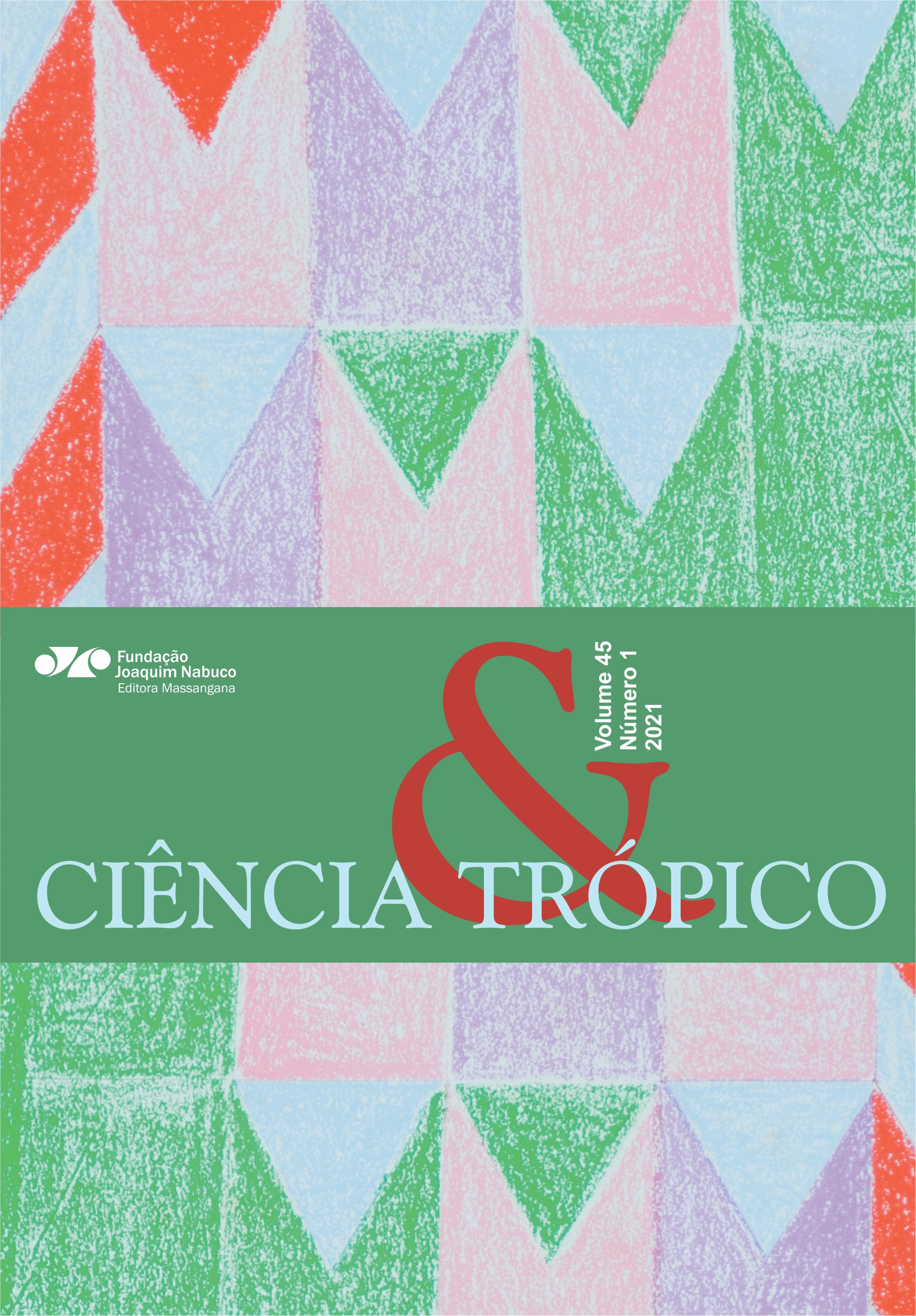The future of work after Covid-19
DOI:
https://doi.org/10.33148/cetropicov45n1(2021)art6Abstract
Since the end of 2019, humanity has lived with the pandemic of COVID-19, which makes it seems that we are close to the Apocalypse; such is the speed of contamination of the virus, leaving a large trail of infected and dead wherever it goes. This pandemic has had profound consequences in the economic field, in social and cultural life, in the traditional way of life of individuals and families, in professional life, and in the relationship between social actors, affecting mainly the labor market. This article will address the future of work post-COVID-19. To do so, it will be based on the vast existing literature on the subject. Initially, an overview of the origin and nature of the changes that has occurred in the world of work will be showed, due to the global impact of the pandemic, and the recession that followed. Three topics will be addressed, as they are the ones that have stood out the most from the perspective of the future of work: (a) remote work, home office and telework; (b) technology, digitization and automation; and (c) labor productivity. The general finding is that COVID-19 increased the risk, as well as the costs (social and economic) of physical contact between human beings. The consequence is to accelerated the processes of automation, remote work, the use of artificial intelligence, digitalization and robotization, all culminating in promoting a general reduction in the demand for work (increasing unemployment), thus contributing to reduce the pace of the wage growth. The most perverse effect is, perhaps, the fact that social isolation has caused on the education of young populations. This has led to dropout, and low school performance, coupled with the erosion of human capital caused by rising long-term unemployment. These have been strong elements to induce the low level of growth in labor productivity, if not its stagnation. All these impacts combined seem to be leading to an even more unequal world, negatively affecting human development, as well as promoting an even greater advance in the levels of poverty.
Downloads
Downloads
Published
How to Cite
Issue
Section
License
Copyright (c) 2021 José Paulo Zeetano Chahad

This work is licensed under a Creative Commons Attribution 4.0 International License.


